2Department of General Surgery, Ağrı İbrahim Çeçen University Faculty of Medicine, Ağrı, Türkiye
3Gastroenterology Clinic, Ağrı Training and Research Hospital, Ağrı, Türkiye
Abstract
Objective: This study aims to evaluate the relationship between microbiota awareness and quality of life in patients diagnosed with irritable bowel syndrome (IBS), considering factors such as sex, body mass index (BMI), and IBS subtype.
Methods: The study included 101 IBS patients. Sociodemographic data were collected through a questionnaire, alongside the Microbiota Awareness Scale (MAS) and the Irritable Bowel Syndrome Quality of Life Scale (IBS-QOL). The MAS comprises subdimensions including “general information,” “product information,” “chronic diseases,” and “probiotics and prebiotics,” while the IBS-QOL includes subdimensions such as “dysphoria,” “activities,” “body image,” “health worries,” “food avoidance,” “social reaction,” “sexual,” and “social relationship.”
Results: MAS scores and its subdimensions did not differ significantly based on sex or IBS subtype (P>0.05). Participants with a normal BMI had higher product information scores compared to those who were overweight (P=0.043), while obese individuals scored higher in the chronic diseases subdimension than those who were underweight (P=0.016). Females scored higher than males in dysphoria (P=0.026), activity (P=0.002), body image (P=0.003), social reaction (P=0.002), sexual (P=0.012), and total IBS-QOL scores (P=0.006). Obese participants scored higher in body image (P=0.017), sexual (P=0.039), and social relationship (P=0.034) compared to those with normal BMI, while their social reaction (P=0.035) and total IBS-QOL scores (P=0.045) were higher than those who were underweight. IBS-QOL scores and its subdimensions did not differ significantly by IBS subtype (P>0.05). Correlation analysis between the two scales revealed a negative relationship between general information and social reaction (r=-0.205, P=0.040). A positive correlation was found between chronic diseases and dysphoria (r=0.266, P=0.007), health anxiety (r=0.212, P=0.033), and total IBS-QOL score (r=0.199, P=0.046). Negative correlations were observed between probiotics and prebiotics and activity (r=-0.263, P=0.008), social reaction (r=-0.238, P=0.017), sexual (r=-0.203, P=0.042), and total IBS-QOL score (r=-0.223, P=0.025).
Conclusion: In individuals with IBS, greater overall microbiota awareness is associated with an improved quality of life.

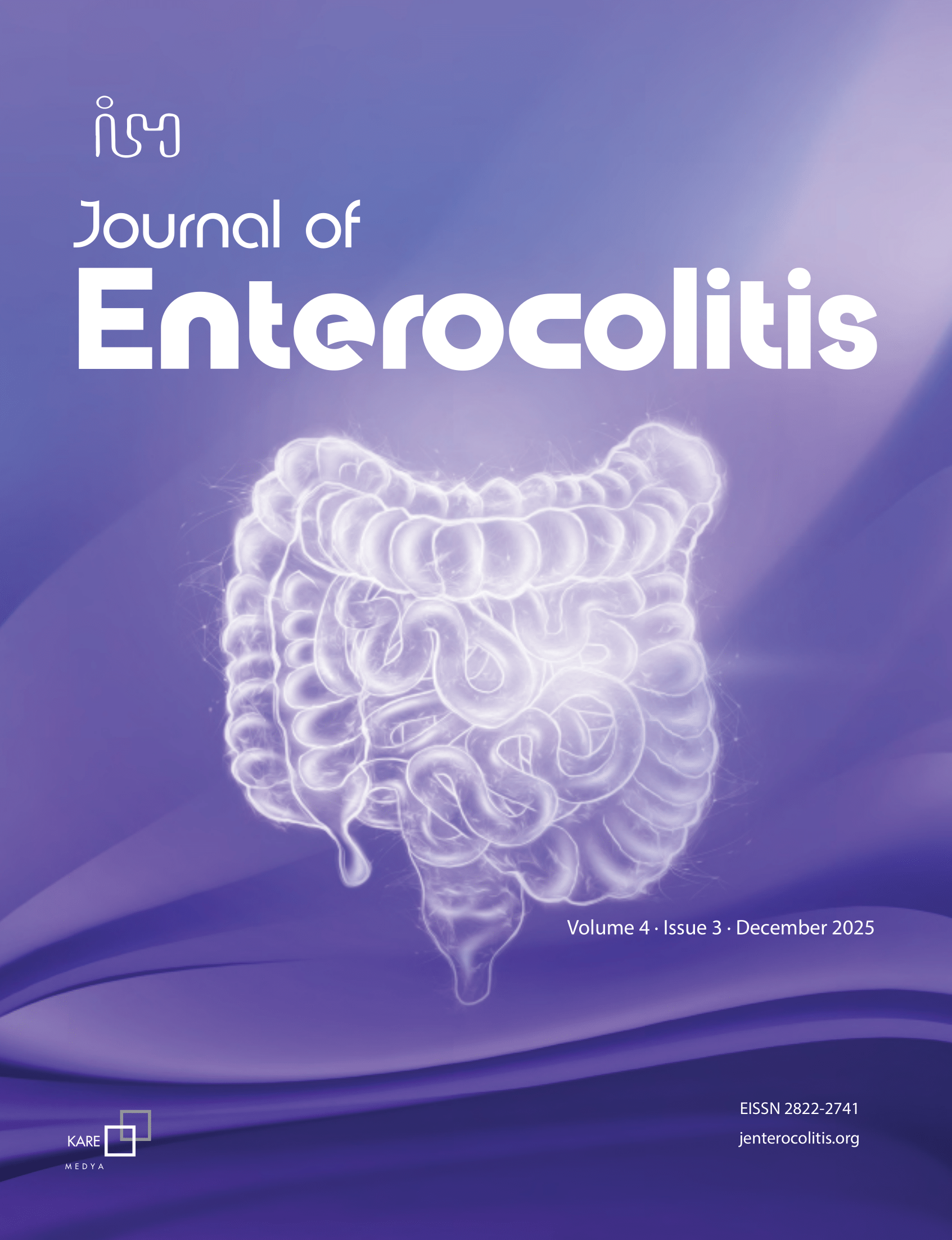
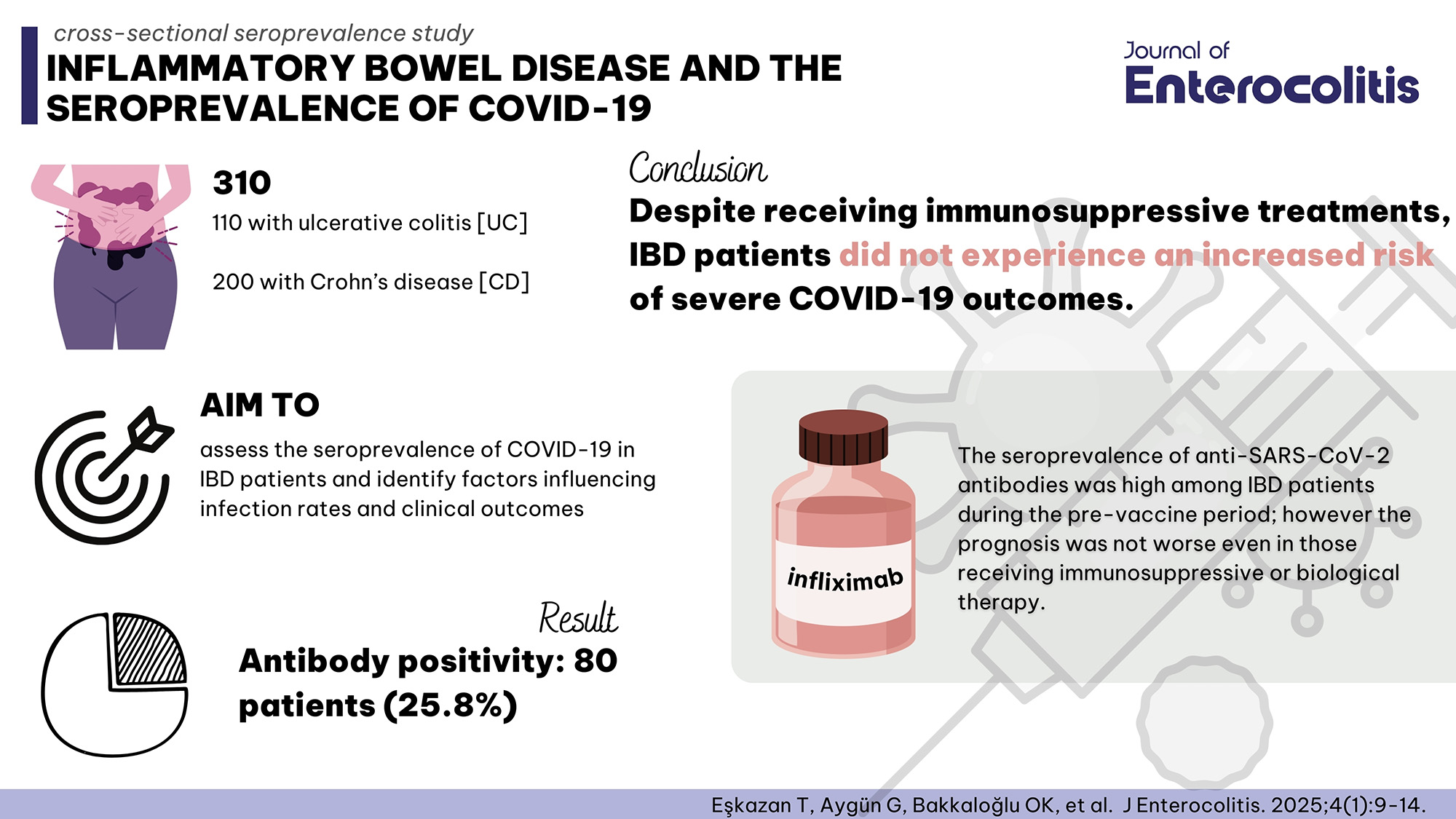
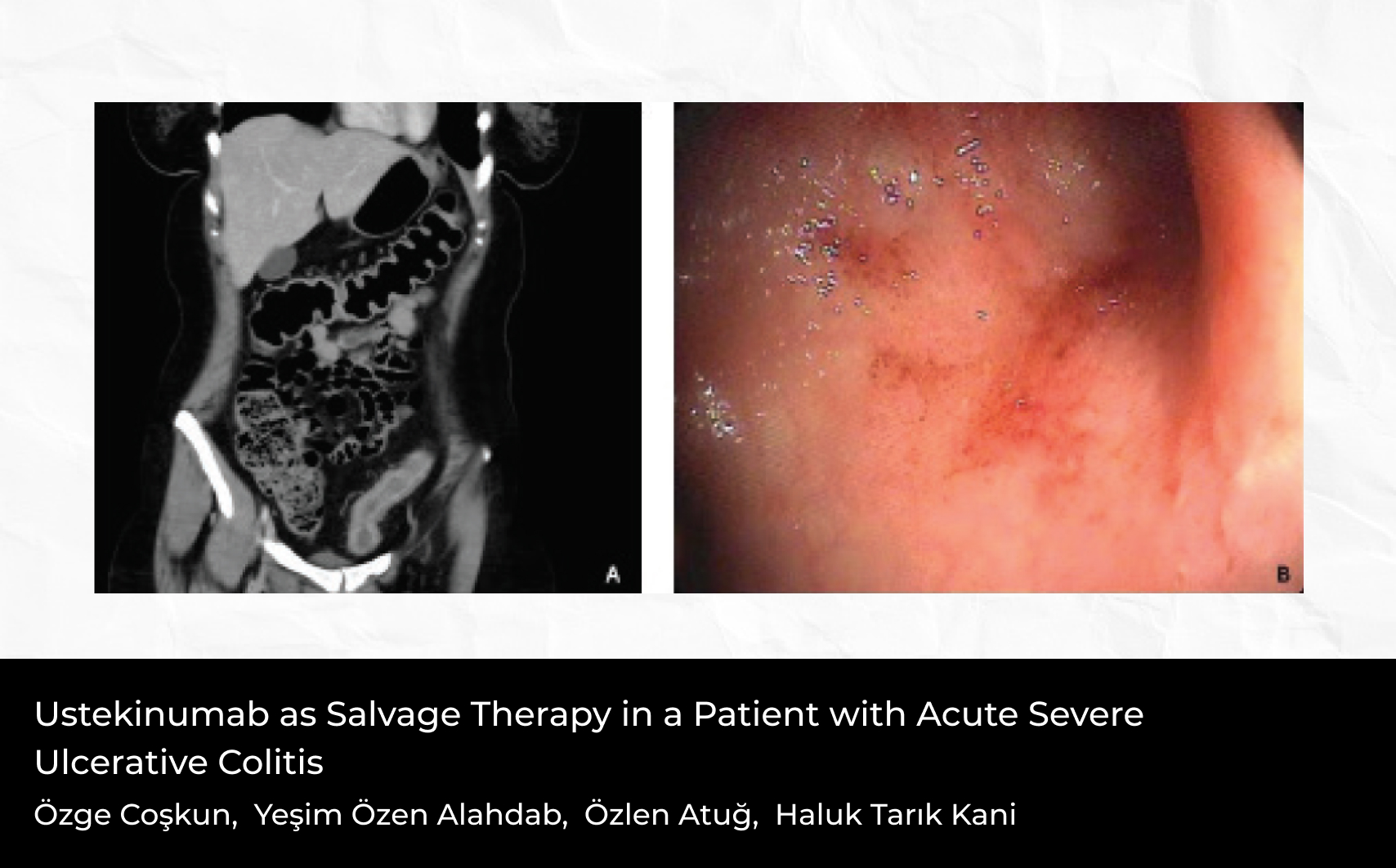
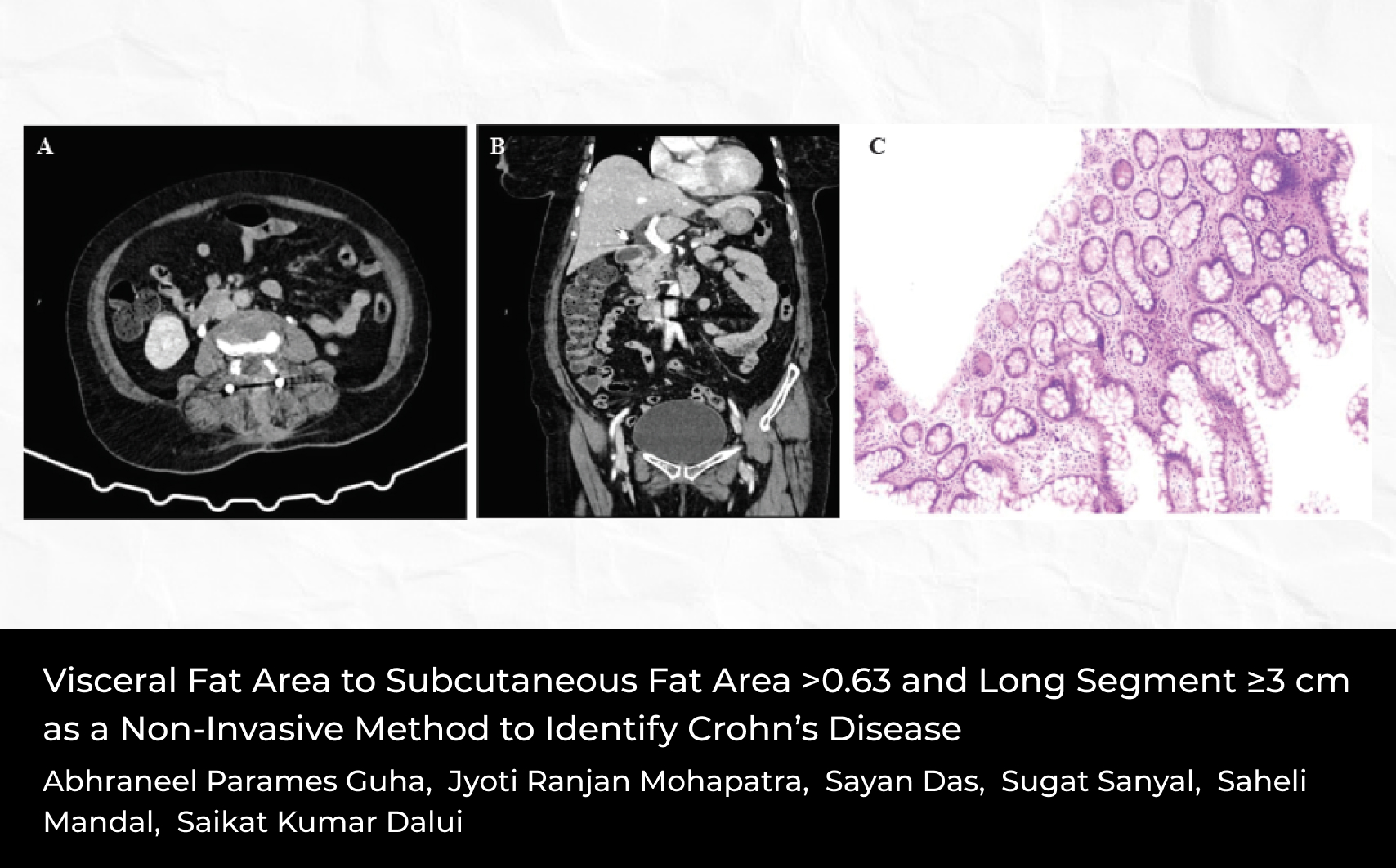
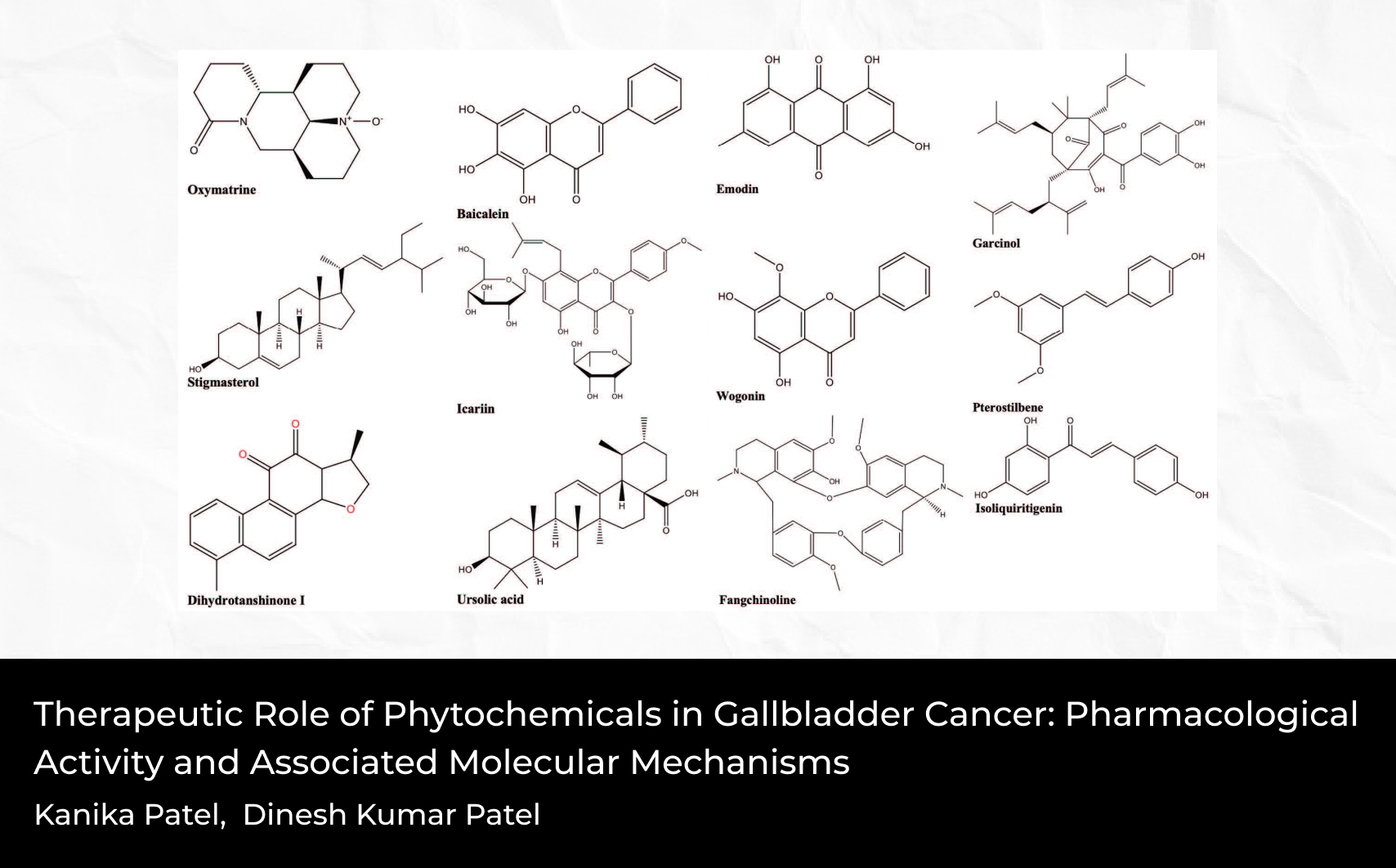
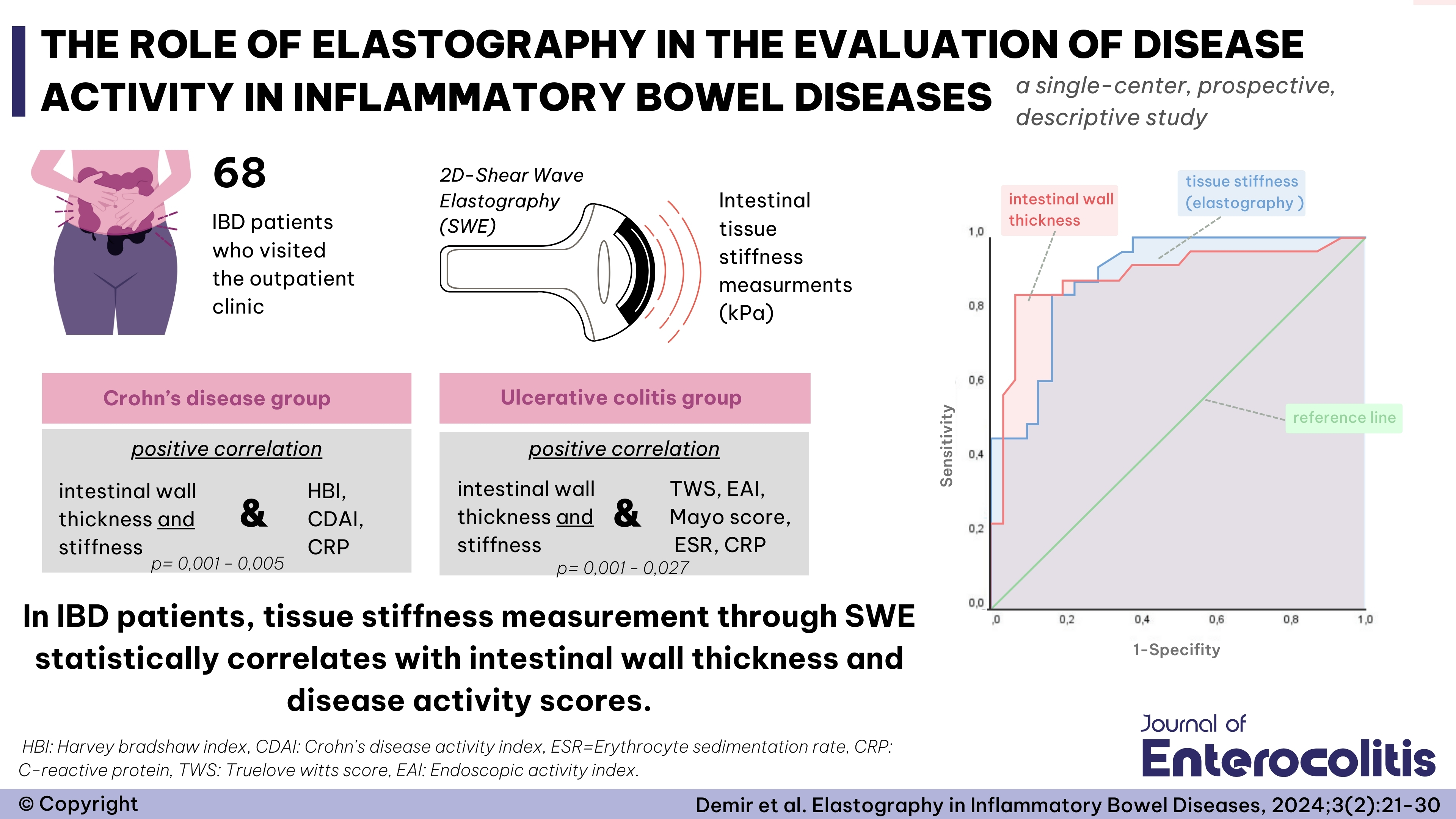


 Halime Selen1
Halime Selen1 






